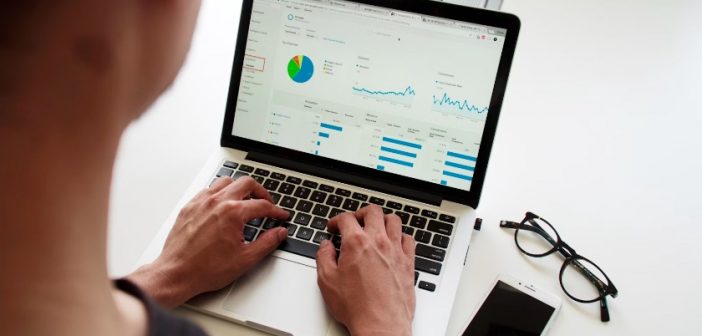Many people find online banking to be incredibly convenient. It allows easy access to account information and transactions with just a few taps or clicks. A study conducted by Chase in 2023 revealed that 87 percent of Americans use their banking app at least once a month. However, as usage increases, so does the risk of cybersecurity issues.
The Federal Deposit Insurance Corp. (FDIC) has issued warnings to consumers regarding fraudulent bank websites and banking apps that are created to steal personal information or money. If you are aware of the risks associated with cybercriminals, you should take steps to protect your bank account.
How Do You Protect Your Personal Banking Information?
First, I would like to answer the question, ‘How should you act to ensure your bank details are secure?’. There is nothing wrong with the fact that your card number is available to a large number of people. This is a common thing for many stores, professionals, and those who sell at least something remotely. This is not something to be afraid of, but everything else must be hidden and protected. The following tips from experts will help you maintain your strong position.
Use Unique Passwords
Having a robust password is crucial, as you probably already know. However, relying on just one strong password may not provide sufficient protection for your bank account against hackers.
According to Weisman, if you use the same password for multiple accounts, all of them could be at risk. If a hacker discovers your password, it becomes easier for them to gain access to your other accounts, including your bank accounts containing sensitive financial and payment information.
Opt for a Longer Password
“A password with 16 letters has significantly more possible letter combinations compared to an eight-letter password. This makes it practically impossible for criminals to use password-guessing programs successfully,” explains Walsh. “Using password managers to generate, store, and regularly update passwords is a popular practice among many individuals.”
Use VPN for Financial Transactions
If you pay your bills or transfer money in public places, you are taking a big risk. In fact, any financial transaction can pose a risk if it is not protected. You can also install a VPN for Mac OS and protect all your data. A good VPN can prevent many attacks. If someone is tracking your actions, has interfered with your channel, or is trying to edit cookies, VeePN will not allow you to do this. It has a free trial period, which is ideal for getting started.
Utilize Banking Apps
There are several reasons why using mobile apps may offer enhanced security compared to accessing accounts through your PC. The bank not only recognizes you through your username and password but also through your phone number, which adds an extra layer of protection. Additionally, the phone enables the bank to promptly communicate with you via messages, texts, or emails, ensuring swift transaction confirmations. Most people keep their phones on them or within reach at all times. If you decide to use an app, make sure to download it directly from the bank, rather than from an app store, and only use it on a secure device.
Use Multifactor Authentication
This security measure provides enhanced protection by mandating a minimum of two identity verification methods. There are three authentication categories: something you know (such as a password), something you have (like your cellphone, which is confirmed when you receive a text code), and something you are (biometrics). Of course, when entering any data, it is still better to use VPN Edge or an extension for another browser. In this case, no one will be able to intercept your password.
Use Password Manager
To effortlessly manage multiple passwords, including your bank account, consider using a password manager. These tools let you store passwords securely, eliminating the need to remember them, and many even generate robust passwords for you.
Alternatively, you can write your passwords down on paper. If you choose the pen-and-paper approach to protect your bank account from fraud, make sure to keep your password document in a secure and locked place, inaccessible to others.
Set Up Alerts Via Email
In the past, customers used to sometimes not realize there was fraud happening until they received their monthly bank statements. Due to this delay, the fraudulent activity could persist for up to four weeks. However, with alert systems in place, customers now receive prompt notifications and can collaborate with the bank to quickly resolve any issues.
Beware of Suspicious Messages
Kraus advises consumers to avoid responding to unfamiliar messages and embedded web links. Everyone needs to remember that their bank or credit union will never reach out requesting sensitive information they already possess, such as their account number. If there is any uncertainty, individuals should directly contact their bank or credit union for clarification before sharing any information via text or the web.
Conclusion
According to the Federal Trade Commission, consumers reported losing almost $9 billion to fraud in 2022, marking a 30 percent increase compared to the previous year. You can sidestep becoming a statistic by staying informed about cybercrime and learning how to safeguard yourself.




